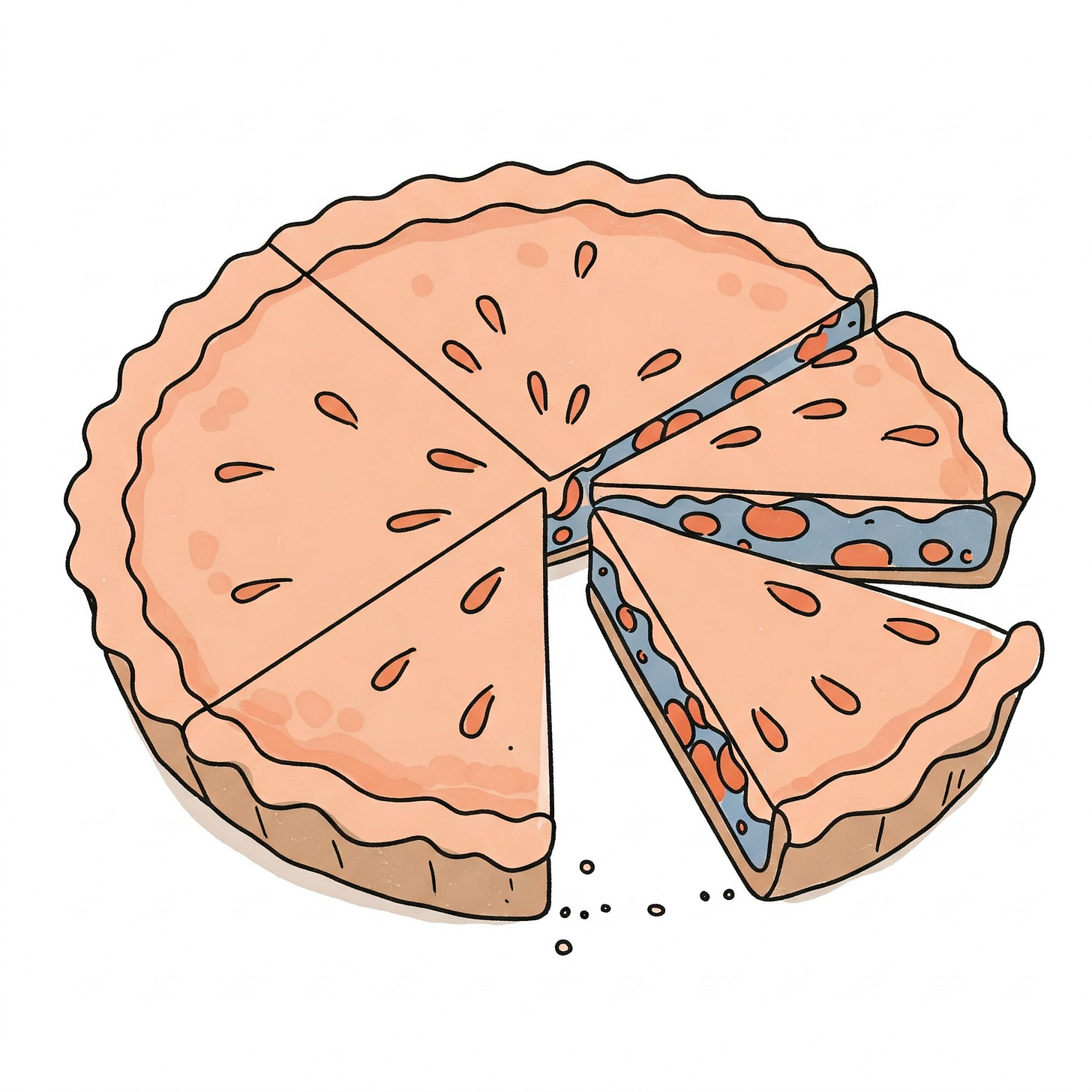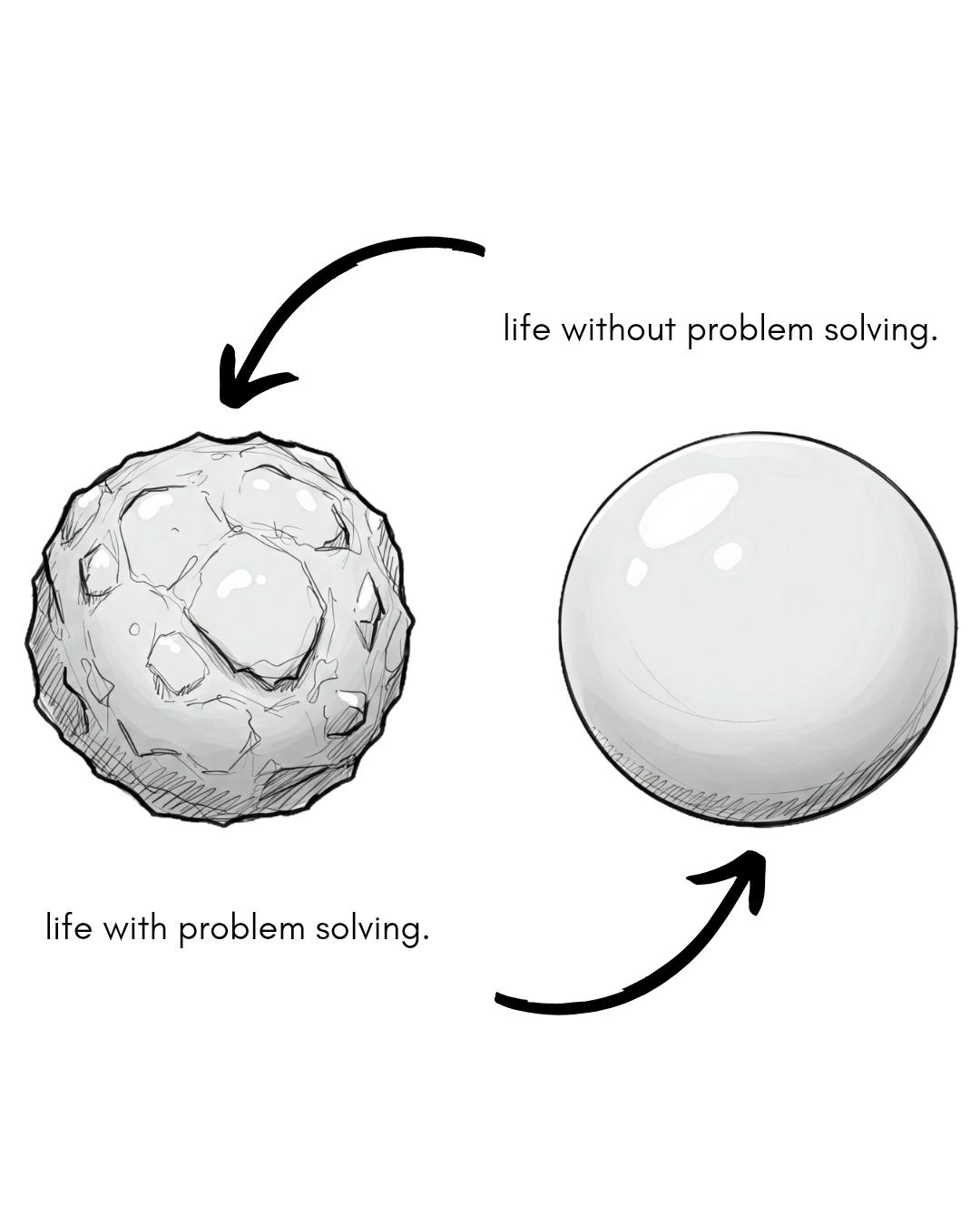Hi again, the problem guild.
Do you ever feel like life gets out of hand, with too much on your plate? Well, the fact is, everything is a problem, but there is something we can do about it. If we go on a journey through problem-solving, you will understand.
What is problem-solving.
What is problem-solving? To quote the name of a great book by Ryan Holiday—The Obstacle Is the Way. As a problem-solver, the first ability you need is to recognize obstacles, as problems come in many shapes and forms. An issue is a general matter requiring attention, a problem is a specific difficulty needing a solution; a challenge is a demanding task that can be an opportunity for growth, and an opportunity is a favorable circumstance that can lead to positive outcomes. An escalation occurs when any of these intensifies to a point where immediate action is required to prevent negative consequences. Understanding these distinctions helps in addressing and navigating various situations effectively.
But when I'm served a piece of the problem pie, I cope.
Issues – Definition: An issue is a broad concern or situation that requires monitoring or management but does not yet demand an immediate solution. Key questions to ask yourself when you face issues are:
What concerns or risks exist in this situation?
Is this something that needs action now, or can it be managed over time?
How might this issue evolve if left unattended?
Challenges – Definition: A challenge is a demanding task or obstacle that requires effort to overcome and often leads to growth or learning. Here are some questions when you encounter a challenge.
What is difficult about this situation?
What skills, strategies, or resources are needed to overcome this challenge?
Can this be reframed as a learning opportunity?
Opportunities — Definition: An opportunity is a situation that, if leveraged correctly, can lead to positive outcomes. Opportunities may arise from issues, challenges, or even problems. Key questions when opportunities arise
What potential benefits could emerge from this situation?
How can this be turned into a strategic advantage?
What actions are necessary to seize this opportunity?
Problems – Definition: A problem is a well-defined issue that creates a barrier to success and requires a solution. Problems differ from issues in that they require direct intervention. Key questions for this
What exactly is wrong?
What are the underlying causes of this problem?
What solutions or interventions are available?
How to Identify a Problem:
Clarity – Can you clearly state what is wrong?
Impact – Does this situation cause harm or inefficiency?
Urgency – Does this require immediate attention?
Root Cause – What factors are contributing to the problem?
Solvability – Can a solution be realistically implemented?
Escalations — Definition: An escalation occurs when a problem or issue intensifies, requiring urgent intervention to prevent significant consequences. When this happens, ask these questions**:**
Has this problem reached a critical level?
What immediate actions must be taken to contain the damage?
Who needs to be involved in resolving this escalation?
why is problem-solving important?
Problem-solving is the foundation of success in nearly every area of life. Think of it like sanding down rough edges to make life smoother, although you may get scuffs. Persistent problem-solving will smooth things out. So, although we all may start off with balls of different textures, by learning and collaborating in problem-solving, you can get your business, relationships and personal life rolling with ease.
So although we all may start off with balls of different textures, by learning and collaborating in problem-solving, you can get your business, relationships and personal growth rolling with ease.
The reason I use these terms is that they are the core categories under which all others fall.
Personal Growth → Solving your own problems.
Self-improvement, mindset, mental and physical health, learning, skill-building, emotional intelligence.
Business → Solving other people’s problems.
Creating value, entrepreneurship, service, innovation, providing solutions in exchange for value.
Relationships → Solving problems together with others.
Family, friendships, romantic relationships, teamwork, collaboration, communication, conflict resolution.
If you can slowly juggle these three balls, I'm not saying life will be easy, but it will be easier.



